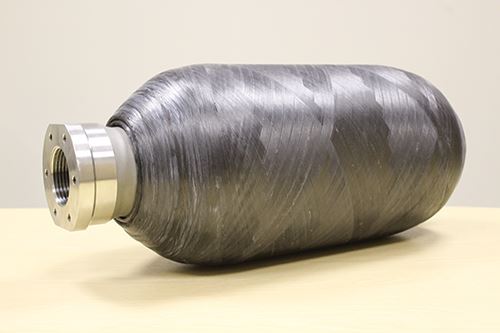We would like to welcome Dallen Andrew to Hill Engineering. Dallen has 10 years of experience as a mechanical engineer supporting aircraft structural integrity programs. He received a BS degree in Mechanical Engineering from Utah State University in 2009, and a MS degree in Mechanical Engineering from the University of Utah in 2011.
During his career, Dallen has gained experience in many aspects of aircraft structural integrity, with specialization in the fatigue and fracture of metals. He has worked on many projects requiring him to utilize his capabilities in fatigue crack growth analysis, fracture mechanics, durability and damage tolerance analysis (DADTA), fatigue testing, continuing damage, residual stress, finite element analysis (FEA), and non-destructive inspection.
Dallen is an organizer of the Engineered Residual Stress Implementation (ERSI) working group developing the analytical framework to allow the benefits from deep engineered residual stresses to be applied to aircraft inspection intervals for the United States Air Force. Dallen has significant experience supporting the A-10 and T-38 aircraft fleets. He also has significant expertise in the use of AFGROW and NASGRO fracture mechanics and damage tolerance software packages.
Please contact us today for additional information about Hill Engineering and the services we offer.
